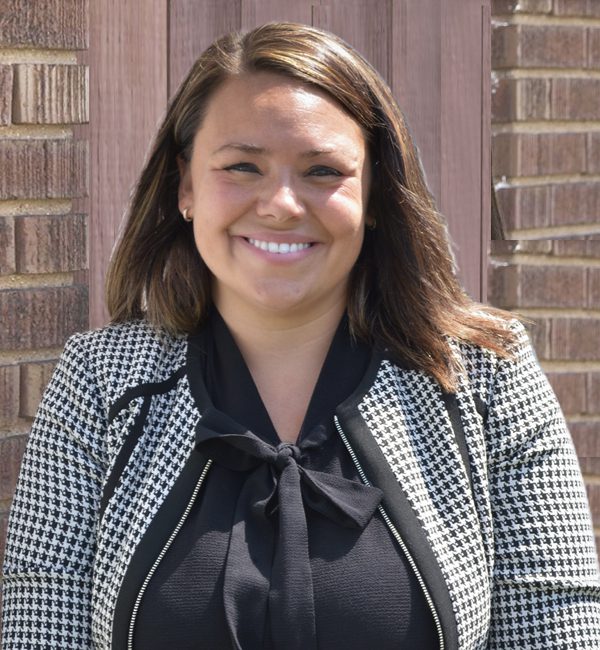Planning for what happens after you’re gone isn’t easy, but it’s one of the most thoughtful and loving things you can do for your family. Without clear instructions, your loved ones may face unnecessary stress, conflict, and delays during an already difficult time.
At Fout Law Office, lead attorney Teresa Fout has assisted families in North Canton, Ohio, and the surrounding areas with their estate planning since 2008. She’s found that there are practical steps you can take to protect your family and give them peace of mind, including:
- Establish clear legal documents, such as wills and trusts.
- Communicate your wishes openly with your family.
- Organize your financial documents and assets.
- Appoint trusted individuals to manage financial and healthcare decisions.
- Work with an experienced attorney to make your plan legally sound.
Let’s explore these steps in more detail so you can do right by your loved ones.
What Kind of Estate Planning Documents Should I Have?
The foundation of any well-prepared estate plan is clear legal documentation. Wills and trusts are the cornerstones for making your wishes legally enforceable. A will specifies how your assets should be distributed and names guardians for your minor children, but it must go through the probate court, which can be a time-consuming and public process.
A trust, on the other hand, provides a more private and efficient way to manage and distribute your assets. By naming a trustee to handle your estate, you can avoid probate, saving your family both time and expense. For many families, a combination of a will and a trust offers the most comprehensive protection. Working with an experienced attorney helps make these documents accurate, legally binding, and tailored to your unique needs.
What Kind of Conversations Should I Have with My Family Now About My Estate?
Creating a legal plan is only part of the process. Just as important is communicating your wishes with your loved ones while you’re still here. Open conversations about property, finances, and healthcare decisions can prevent confusion and disputes later. These discussions may feel uncomfortable at first, but they enable your family to ask questions and gain a deeper understanding of your choices.
For example, if you plan to leave certain assets to one person and not another, explaining your reasoning now can help avoid feelings of resentment or misunderstandings in the future. Honest communication builds trust and helps make sure your intentions are respected when the time comes.
Do I Need to Work with an Estate Planning Attorney?
While DIY estate planning kits may seem like a cost-effective solution, they often fail to comply with state laws or meet your family’s specific needs. Errors in these documents can lead to prolonged court battles, invalid wills, and unnecessary expenses.
An estate planning attorney can help you draft your documents correctly and keep them up to date as your life circumstances change. Major life events, like marriage, divorce, or the birth of a new family member, may necessitate adjustments to your plan. An attorney will guide you through these updates, keeping your plan legally enforceable and effective.
Can I Reduce Costs and Taxes So My Family Keeps More?
Proper planning can also help minimize the financial burden on your loved ones. Estate taxes, probate fees, and other costs can significantly reduce the assets your family inherits. By naming beneficiaries on retirement accounts and life insurance policies, creating trusts, and making strategic lifetime gifts, you can reduce these expenses and maximize the assets passed on to your family. Early planning is crucial to fully utilize these strategies and maximize the assets passed on to your loved ones.
What Role Do Powers of Attorney and Healthcare Directives Play?
Estate planning isn’t just about what happens when you’re gone—it’s also about preparing for the unexpected while you’re still alive. Powers of Attorney and healthcare directives are essential for protecting your interests if you are unable to make decisions for yourself.
A Financial Power of Attorney allows you to appoint someone you trust to manage your finances, while a Power of Attorney for Healthcare designates someone to make medical decisions for you. These documents spare your family from having to go to court to gain authority in a crisis, providing clear guidance and preventing unnecessary stress.
Give Your Family Peace of Mind
Creating a thoughtful and comprehensive estate plan is one of the most meaningful gifts you can give your family. It replaces uncertainty with clarity, prevents financial and emotional strain, and makes certain that your wishes are honored. By taking small but important steps today, you can provide a secure future for the people you care about most.
At Fout Law Office, we’re here to help you every step of the way. Reach out to our estate planning attorney to start developing a plan that reflects your wishes and provides your family with peace of mind for years to come.
2025
/OctoberBecoming a parent is life-changing, but if you and your child’s other parent aren’t married, it can also bring a wave of uncertainty. Many mothers fear being left alone to…
2025
/OctoberFear grips you as you discover unexplained bank withdrawals and missing financial documents. Your spouse’s behavior has changed, and you suspect they’re hiding assets that rightfully belong to both of…
Fill out this form, and we’ll set up a consultation!




